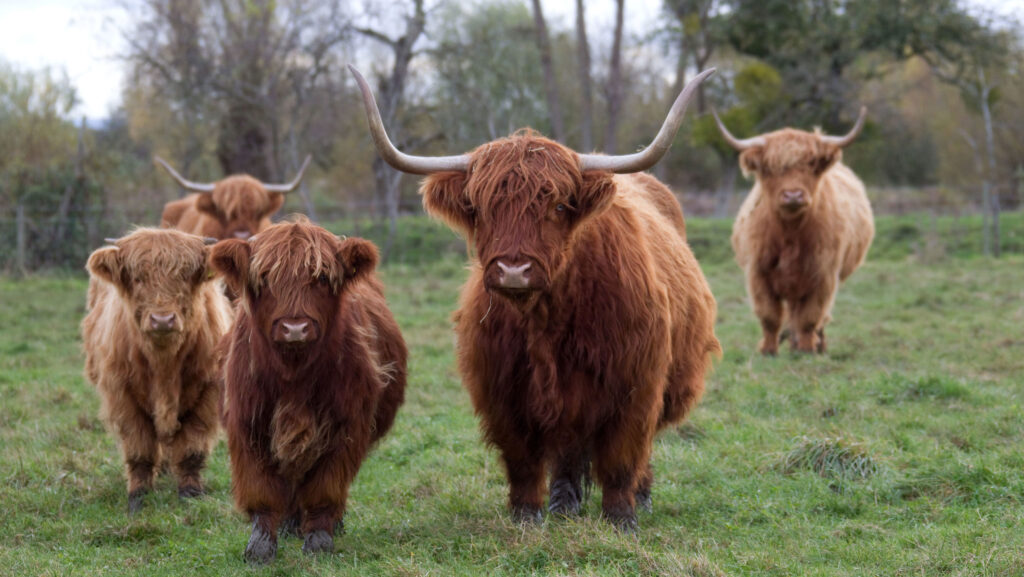Bluetongue case confirmed in East Yorkshire
 © Tim Scrivener
© Tim Scrivener A suspected case of bluetongue in a bull in East Yorkshire has now been confirmed as positive, Defra has revealed.
A farmer raised the alarm after the animal was displaying symptoms of bluetongue serotype 3 (BTV-3) virus on a farm in Withersea, East Riding of Yorkshire.
Tests carried out on the beast confirmed it was carrying the virus and it will be culled to minimise the risk of onward disease transmission. Sheep are also kept on the same farm.
See also: Q&A: All you need to know about bluetongue disease
A 20km temporary control zone (TCZ) has been declared around the premises. Movement restrictions apply to cattle, sheep and other ruminants and their germinal products (semen, ova, and embryos).
During the present outbreak, it is the first time that bluetongue virus has been confirmed in an animal outside of the high-risk area, where a restricted zone (RZ) has been established in the counties of Norfolk, Suffolk and Essex.
As of 5 September, there have been more than 40 confirmed cases of BTV-3, affecting 15 premises.
‘Stay vigilant’ – NSA
National Sheep Association (NSA) chief executive Phil Stocker said: “As the case in Yorkshire is isolated, surveillance will be carried out in the East Riding area to see if there are more cases.
“Sheep and cattle farmers in the area are advised to stay vigilant for bluetongue symptoms in their stock, be responsible in their movements, and report any suspicious cases.
“They should also keep an eye on the Gov.UK website as some of the movement controls might be different to those in the existing restricted zone.”
Livestock owners should closely monitor their animals for signs of bluetongue, such as fever, inflammation of mucous membranes, lameness, and reduced productivity.
As BTV-3 is a notifiable disease, any suspected cases must be reported immediately to the authorities on 03000 200 301 in England; 03003 038 268 in Wales; or your local Field Services Office in Scotland.
